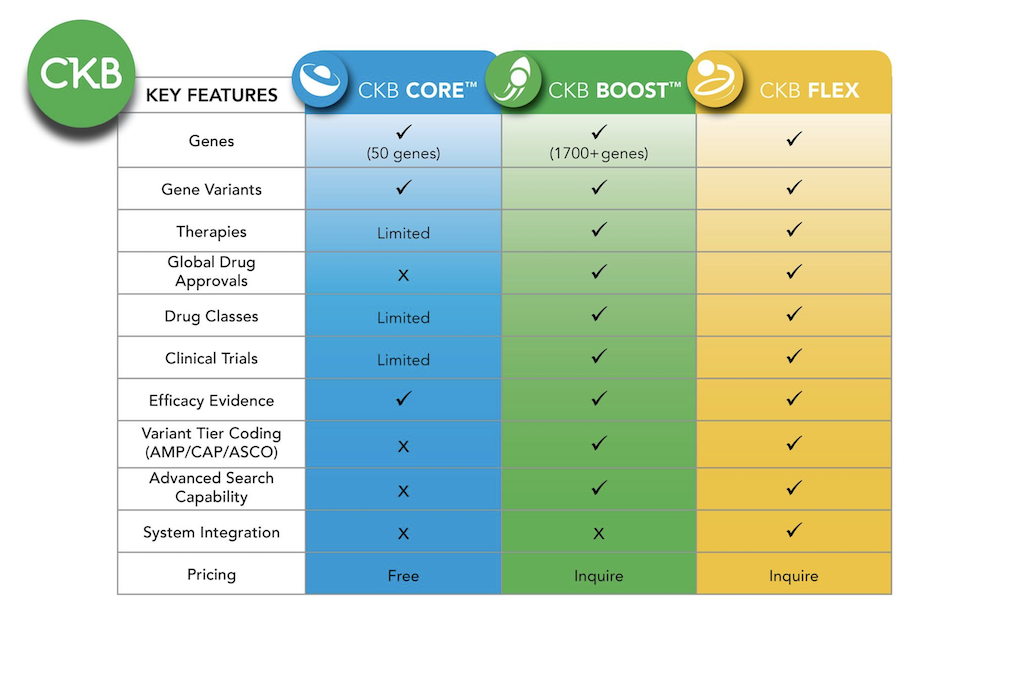Gene Detail
Contact
Missing content? – Request curation!
Request curation for specific Genes, Variants, or PubMed publications.
Have questions, comments, or suggestions? - Let us know!
Email us at : ckbsupport@jax.org
| Gene Symbol | PMS2 | ||||||||||
| Synonyms | HNPCC4 | LYNCH4 | MLH4 | MMRCS4 | PMS-2 | PMS2CL | PMSL2 | ||||||||||
| Gene Description | PMS2, PMS1 homolog 2, mismatch repair system component, interacts with MLH1 to form the MutL-alpha complex, which functions in DNA mismatch repair (PMID: 18157157, PMID: 24333356) and is associated with microsatellite instability (MSI) (PMID: 30121009) and genomic stability (PMID: 31747945). Germline PMS2 mutations are associated with Lynch syndrome (PMID: 15528792), mutations in PMS2 are associated with susceptibility to colon cancer and endometrial cancer (PMID: 24978665), and overexpression has been reported in prostate cancer (PMID: 27803051). | ||||||||||
|
|||||||||||
Additional content available in  CKB BOOST
CKB BOOST
